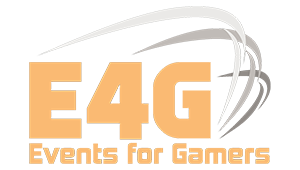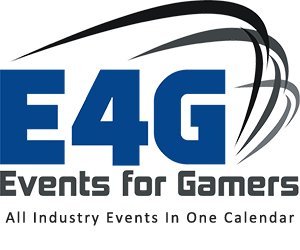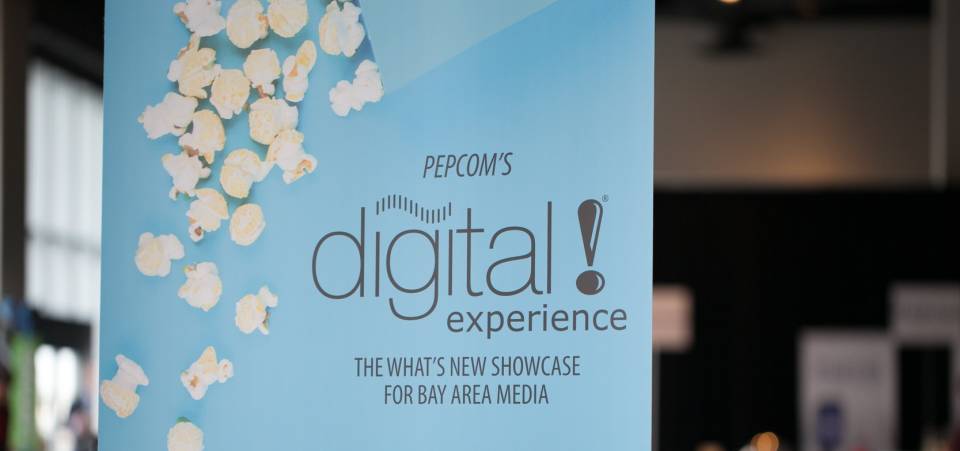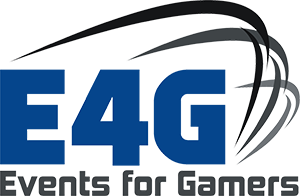By: Joyce Lee and Paul Philleo
Pepcom specializes in bringing established and new companies and their technologies to the attention of the media. Their Digital Experience! show recently rolled into San Francisco, and among the new and interesting things to explore, several gaming-related highlights were part of the attraction that got our attention.
GameBender
The day before the Pepcom event, the creators of Makey Makey announced the launch of GameBender, a gaming platform for ages over eight. This platform was created with a vision aimed towards empowering its players through creative play. GameBender is also KickStarter-funded and has reached its goals, although the funding campaign is still continuing.
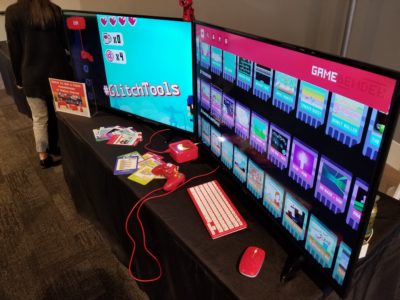
In terms of “creative play,” GameBender allows for variations of modding, hacking and changing the rules of games, to help children understand the way games are developed. GameBender has grant funding from the National Science Foundation and a partnership with Scratch, a community of 40 million users providing access to more than one million coded projects like games, apps and do-it-yourself (DIY) TV.
GameBender comes with access to the entire Scratch catalog with easy-to-follow glitch cards, which guide players on how to “bend” games by applying different glitches to games of their choosing. The system also features a camera for use with augmented reality experiences, a compact and square gaming console as well as a game controller.
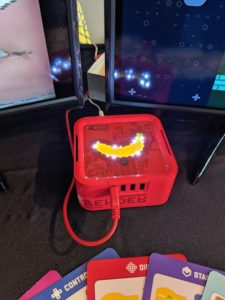
When asked what inspired the company to create the Gamebender project, Todd Eddie, SVP of the company, explained that creative play has the ability to empower its participants. Players can make decisions and learn things that instantly impact the world around them. “We want people to get addicted to their own creativity,” he said.
GameBender is available for pre-order for $289 USD, with a $60 discount from the estimated in-store retail price of $349 on the official website: gamebender.com.
Hack
There was more than one project with an intersection between education and games. Beta Atunes, Co-founder and CEO of Hack, also has a product that comes from a personal and passionate place. One of her greatest influences and inspirations for her work is having a 10-year old son who is always absorbing information from the world around him.
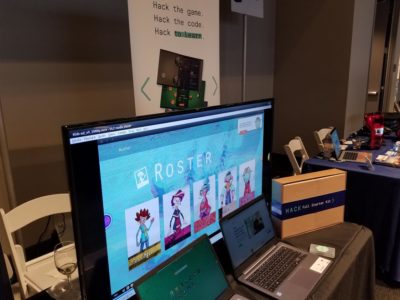
Hack is a full-stack Linux-based Endless Operating System that teaches children to code and uses a real sandbox for learning how to code. A cast of characters provides children with daily challenges that they can participate in and learn to code in the process. The Hack laptop comes equipped with plenty of apps for kids to use as they dive into the system, such as Chrome, Scratch, Steam and more. The Hack system is also designed with the kid-friendly considerations in mind, such as being ad-free and resistant to infection.
Hack is available in two forms: the Hack Laptop (a high-performance ASUS laptop with Hack awarded as Best First Laptop in 2019 by Parents Magazine) and the Hack Key (a USB that kids can plug into any computer when they’re ready to play). Each product includes a one-year warranty and a period of free content. The Hack laptop is available for $299 and the Hack Key is available for $39.99 at hack-computer.com.
Kingston and HyperX
Of course, games and the hardware that drives them are sometimes (okay, usually) about pure fun or the competitive aspect. Pepcom’s event had this covered too, with the side-by-side tables of Kingston Technology Company, Inc and it’s owned gaming division, HyperX.
Starting with Kingston, the most game-friendly product brought to the table was the KC2000 NVMe PCIe Generation 3 SSD.
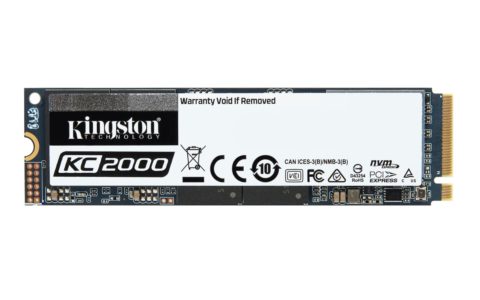
Coming in sizes 250GB to 2TB, the KC2000 features 96 layer 3D TLC NAND memory, a highly condensed form factor for memory layering that doesn’t sacrifice speed. In terms of the all-important speed factor, IOn fact, this SSD should be able able to fit in most laptops. The KC2000 offers 3,200 MB/s and 2,200 MB/s speed. It’s not an addendum for anyone in IT or with sensitive data, so it’s worth adding here that the KC2000 SSD also includes 256-bit AES hardware-based encryption and permits the use of TCG Opal 2.0 security management. By the numbers, the KC2000 should be an option hardcore gamers (and security-conscious users) take a closer look at for their storage needs. The KC2000 SSD MSRP ranges from about $62 for the 250GB model to $410 for the 2TB model.
On the HyperX side of the equation, we’ll take a quick look at some of the audio gear rolled out at Computex. The Cloud series of headsets is familiar to anyone who’s seen a Twitch stream or esports tournament. And to the likely delight of competitive gamers and content streamers, a couple of new models were announced at the recent Taiwanese hardware mega-showcase.
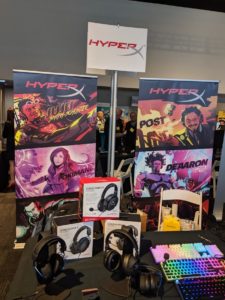
The Cloud Alpha S headset, as a feature, highlights dual chamber technology to create a greater range between the bass and treble in the audio. A bass slider adds more control over the “intensity” of the bass. Also, 7.1 surround sound controlled by a custom-tuned audio box is included for a larger sound stage.
The Cloud Orbit S is a more radical step up from the Alpha S into a more rarified audiophile-level experience. The biggest changes to this headset is the inclusion of Audeze’s 100mm planar magnetic drivers for accurate sound. Waves Nx 3D audio technology adds another layer of immersion to the gaming or any other audio experience you may want to dive into.
Test-driving the Orbit S in the somewhat noisy environment of the Pepcom event, the large ear pads did a great job screening out ambient sound and kept the well-balanced music from their playlist sealed inside.
We’ll be keeping an eye on edtech and games gear and other hardware as the companies and their products turn up at the intersection between games and events!
